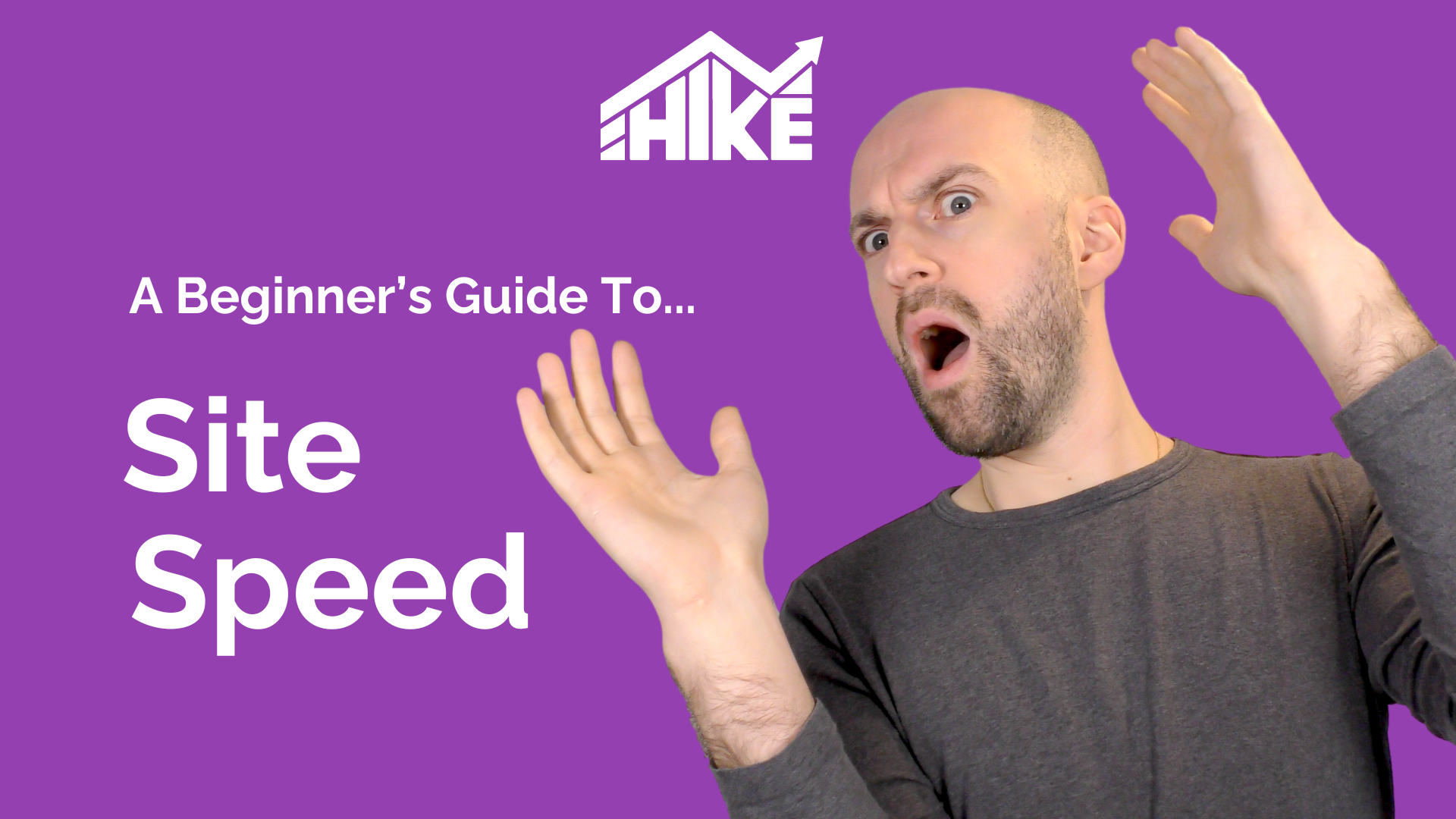Hey there 👋 Andy here, I’m one of Hike’s founders.
Kieran and I recorded a video over on our Facebook group and YouTube channel detailing the best SEO techniques for beginners.
You can find the video below, along with the transcript of what we discussed.
Transcript
One question we get asked a lot here at Hike is, “what are the quickest and easiest SEO techniques to do that yield the best results?”
One of our customers Rich Keller offered a great response, “The page title, the meta description, the H1 heading”. He also followed up by saying, “Before everyone gangs up on me saying these are not relevant anymore, try ranking a page without them”.
We completely agree with Rich. Those, especially the page titles and H1 headings, are very effective in optimizing your pages. They worked ten years ago, they worked five years ago, they worked two years ago- they work now! So, it’s essential to understand why they work and why they would probably always work.
Firstly, Google wants to understand what the page is about. Imagine that you’re looking at a newspaper article. You want to work out what that article is about and what you’re about to read. You’re going to look at the heading, right? And say “Oh, it’s the sports results” or “It’s a political piece of content.” Thus, an H1 heading is an excellent way for Google to understand straight away what the content is about and offers a good understanding of what category the content belongs in and the types of keywords it should potentially rank for.
So, that’s why they will always be super important. It must be noted that it is crucial to add your keywords within the page title, meta description, and H1 heading. But you can also use synonyms or closely related keywords, and Google will understand that they’re connected, and you’ll probably still rank!
The second reason is also from Google’s perspective. If you’re a user and you go to Google and search a keyword, for example, “plumber Birmingham” you will want to find a relevant result quickly. And what do people use to do that? They look for instances of their keywords. If a user sees a page title that includes exactly what they searched for, they’re more likely to click on it.
The second reason is also from Google’s perspective. If you’re a user and you go to Google and search a keyword, for example, “plumber Birmingham” you will want to find a relevant result quickly. And what do people use to do that? They look for instances of their keywords. If a user sees a page title that includes exactly what they searched for, they’re more likely to click on it.
This is what Google’s users want to see. They want to see that the results match the query they searched. If it doesn’t, they may think, “Well, Google’s not very good. I’m going to use Bing instead”.
So that’s one of the reasons why Google will always promote the use of keywords in the page title, meta description, and H1 heading. It helps both Google’s click-through rate and retention rate.
So that’s the basics! The meta description is there more from a click-through point of view, so the better your description, the higher the number of clicks you’ll get. The page title is the first place to start, and then the H1s headings. They are really important.
So to conclude, the two key reasons are: Google will better understand your content; second, it is more appealing to users, and thus, Google will consistently rank them higher.



